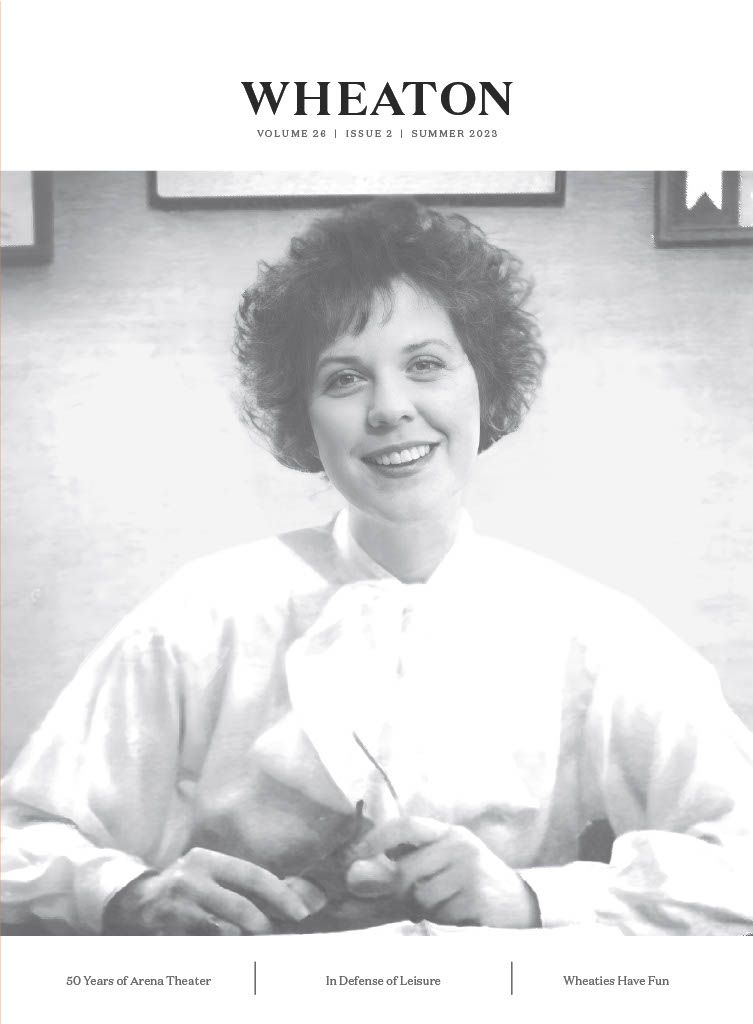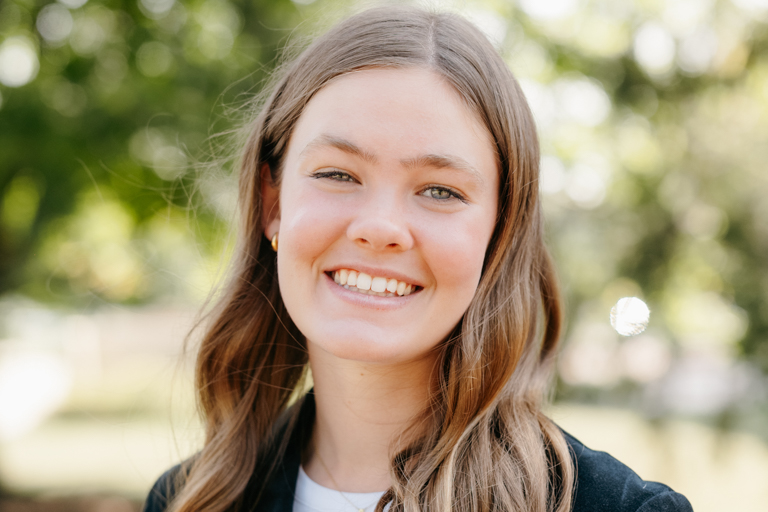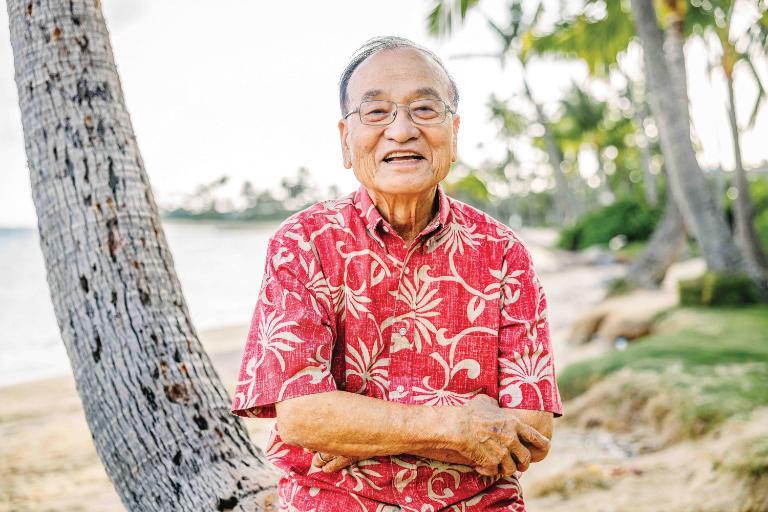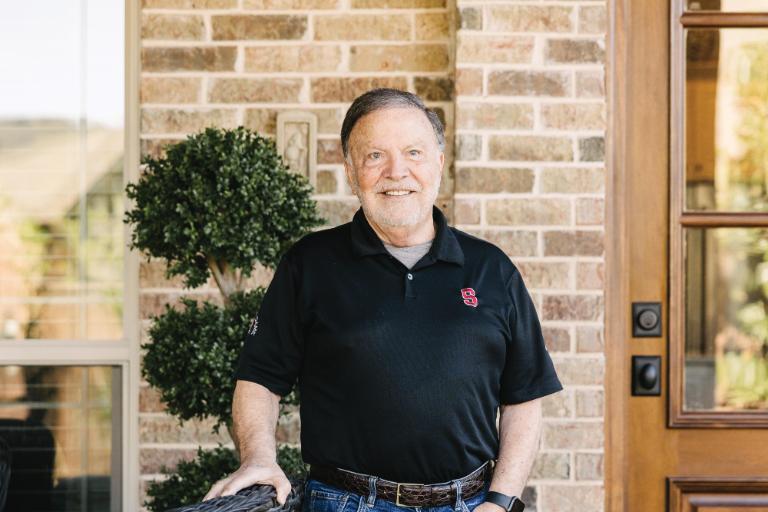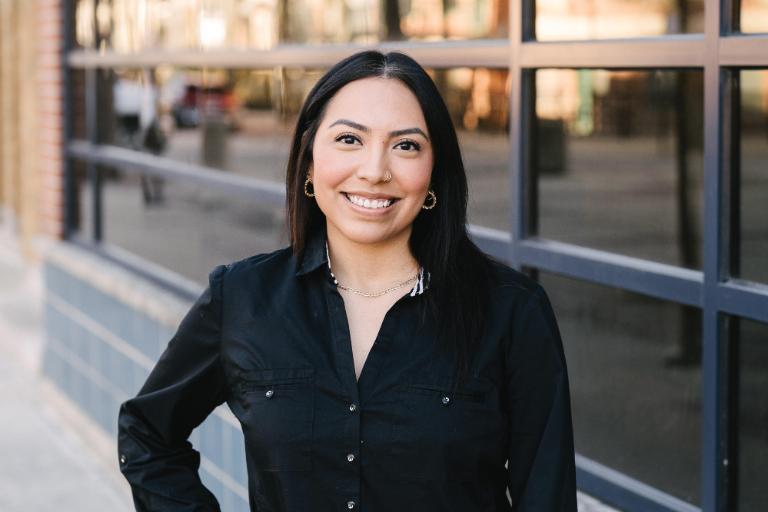Dr. Hanmee Kim
Associate Professor of History
Words: Melissa Schill Penney ’22
Photos: Tony Hughes
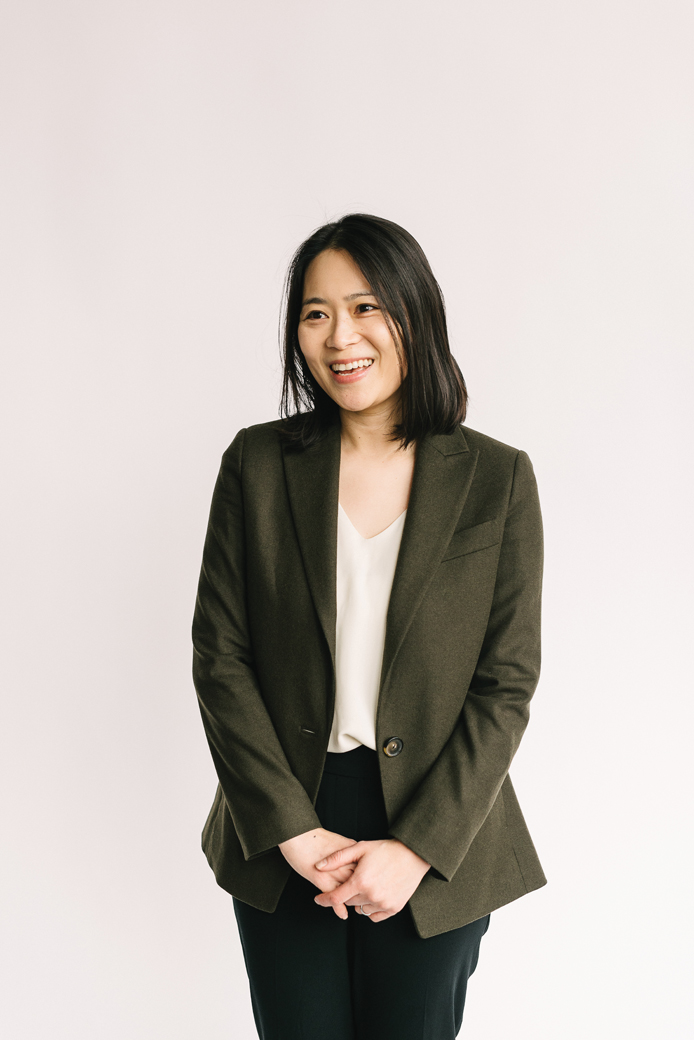
As a historian focusing on Asian studies, Dr. Hanmee Kim often has Asian-American students take her classes in hopes of gaining a richer understanding of their heritage.
“One of the greatest parts of teaching is when students come into my office after class is over and they tell me how the course has impacted them personally, which is to say, ‘I finally understand my parents or why my grandparents do this or why they’ve said these things,’” she explained. “I think that’s wonderful. The course content is fostering intergenerational understanding.”
Kim experienced similar epiphanies as her studies led her to a better understanding of her own Korean heritage. She grew up in Evanston, Illinois, but occasionally traveled to Korea to visit relatives.
“I don’t completely fit into Korean society, and growing up I wondered if I didn’t fit into American society,” she said. “There was always a desire to understand where I was situated. Engaging in history was one of the ways I was trying to ultimately understand myself a little better.”
As an undergraduate at the University of Chicago, Kim had an internship at the Field Museum that first inspired her interest in Asian studies and U.S.-Korea relations, thanks to a paper she wrote on the museum’s Korea collections.
Kim compares learning about history to learning about a foreign country. As students uncover differences, they consider why the differences exist and what they can learn from them. Kim emphasizes that, ultimately, studying history, like studying cultures, encourages self-reflection and a posture of humility and empathy.
“I’ve been doing this for a long time now (I was in grad school for 11 years), and the more I do it, the more I realize how little I know,” she said. “You can’t approach history with the posture of ‘I know everything, therefore I will weigh in,’ but rather a posture of constantly learning.”
Even as a teacher, Kim is still learning. Students regularly ask questions that prompt Kim to reconsider her assumptions.
“I teach a lot of students who don’t have much background in Asian studies, so the lenses with which they look at the past and at Asia are very new. Sometimes they ask questions about things that I might be taking as a given, because I’ve been doing this for a long time, and it forces me to deal with them afresh,” Kim said. “I really enjoy engaging with my field through the eyes of students in the classroom.
